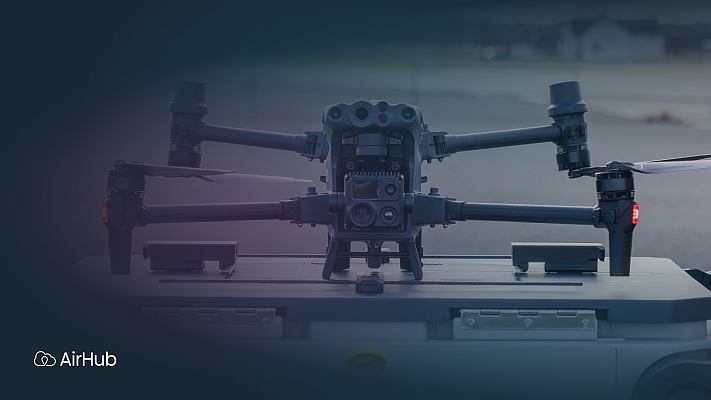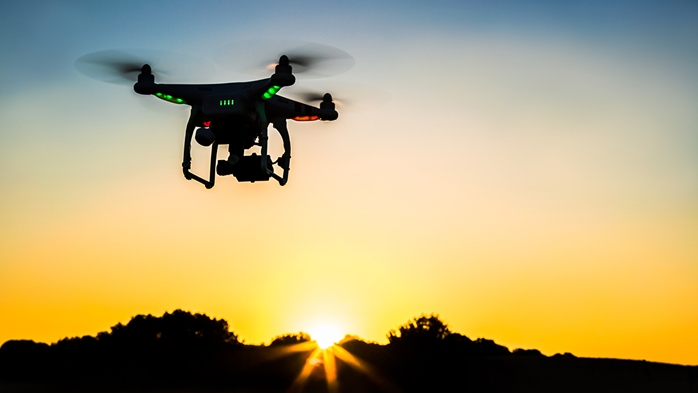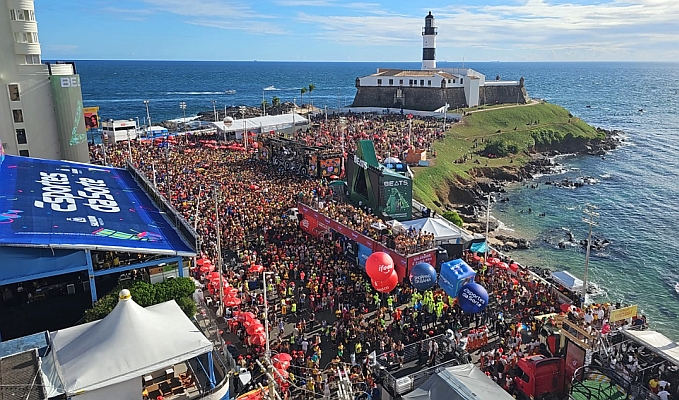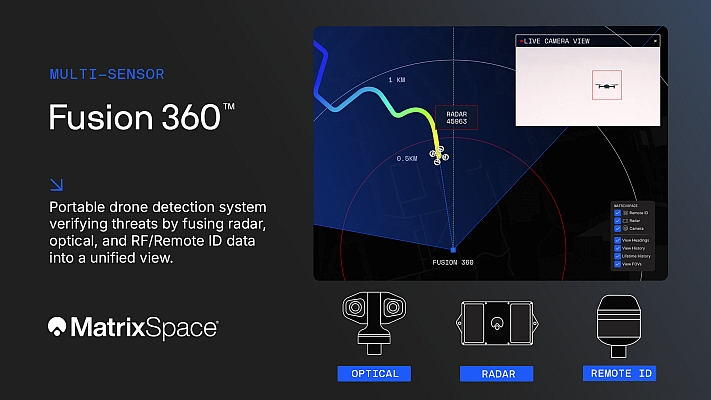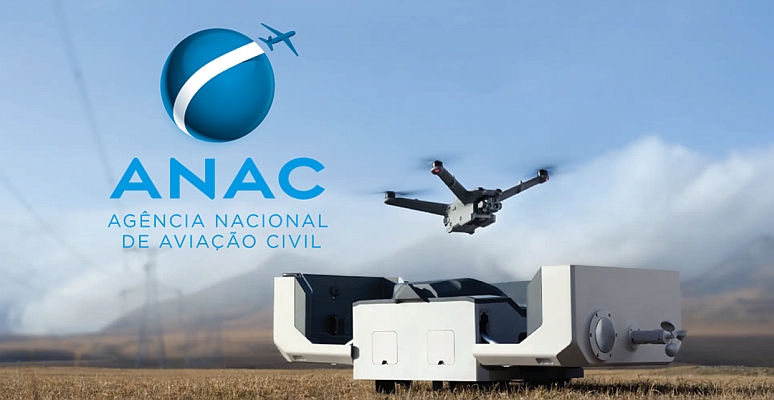senseFly in collaboration with drone engineering and consulting specialists AL Drones and geotechnology company Santiago & Cintra announces that the National Civil Aviation Agency (ANAC) has approved Beyond Visual-Line-Of-Sight (BVLOS) flights to be carried out in Brazil for the first time in the country’s history, using senseFly’s proprietary drone technology.
ANAC’s decision means that the senseFly eBee Classic, eBee Classic RTK, eBee Plus and eBee SQ are now officially approved for use in future BVLOS missions carried out by Brazilian drone operators. As the first BVLOS approval ever achieved in the country, the announcement marks a pivotal point in Brazil’s commercial drone industry and will play an important role in defining risk models and shaping safe, fit-for-purpose BVLOS regulations in Brazil.
“This is a momentous step forward for BVLOS operations in Brazil, and a really exciting time for the country’s expanding commercial drone industry,” said Pierre-Alain Marchand, Regulatory Compliance Manager, senseFly. “We’re delighted that our robust drones—offering the appropriate safety mechanisms and exceptional navigational performance needed for BVLOS—have played a part in this landmark achievement and are helping to define frameworks and regulations that will support the growth of future BVLOS operations.”
The authorisation comes almost two years after the publication of regulation RBAC-E94 in 2017, which legislated the use of drones for civil applications in Brazil. With this historic approval, senseFly drones become the first and only in the country permitted to fly 400 ft (120 m) in height with a 5 km radius from a licensed pilot or observer—in comparison to VLOS operations, which restrict the current use of drones to a 500 m radius. A major benefit of this new authorisation is that drone operators can now navigate and map larger and more remote areas, which will expand the professional use of drones in a diverse range of sectors.
“We’re very proud to be the first company in Brazil to receive authorisation to commercialise ANAC-certified drones for BVLOS flights,” commented Eduardo Oliveira, President, Santiago & Cintra. “This approval is a major achievement for us and is something we have been working towards, in collaboration with senseFly and AL Drones, for a long time.”
Oliveira added: “The participation of senseFly was fundamental, and the technical quality of the senseFly eBee line helped streamline the entire process. It was necessary to develop a series of manuals, documents, technical reports and tests (in laboratory, ground and flight) proving that senseFly remotely piloted aircraft systems (RPAS) met all safety criteria defined by the standard. We’re thrilled that we were successful in this bid, and we are excited to see what this will mean for BVLOS operations in Brazil and beyond.”
“This is our biggest achievement to-date and is a testament to the extensive planning and hard work that went into receiving this approval,” said André Arruda, Drone Associate, AL Drones. “With correct planning, and communications with local air traffic control, BVLOS operations can be an incredibly efficient mapping tool. This groundbreaking decision will open up new opportunities for commercial drone use in Brazil and help to deliver a more cost-effective and efficient method of working for drone operators, civilians and governments.”
In 2017, senseFly became the first drone operator to be granted ‘anytime’ Beyond Visual Line of Sight (BVLOS) authorisation in Switzerland. Its systems are also approved for BVLOS use in France, Spain, Denmark and China. senseFly was also one of several organisations that were instrumental in the success of last year’s ground-breaking Unmanned Traffic Management (UTM) demonstration in Geneva (Swiss U-space demo). The eBee Plus, eBee SQ and albris were designated ‘Compliant Unmanned Aerial Vehicles (UAV)’ by Transport Canada in August 2017, while senseFly’s original eBee drone became Canada’s first compliant fixed-wing drone back in 2015.
Recently, senseFly supported the completion of Canada’s largest BVLOS UAV trial to-date, Project Honeycomb, which aimed to demonstrate how BVLOS can provide highly geo-accurate aerial data in a variety of different applications.



